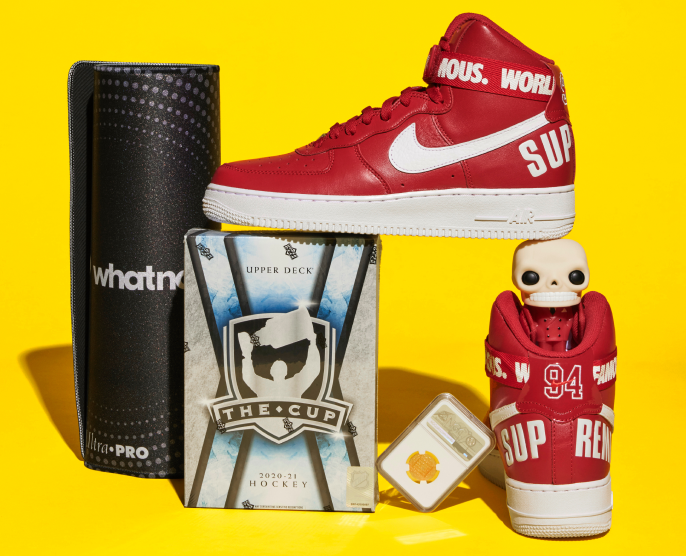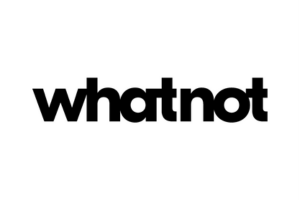
Law of Cards: 3 Biggest Legal Issues at the 2012 Industry Summit
My goal when traveling to the 2012 Industry Summit was to avoid cliches. Between Hunter S. Thompson, "What happens in Vegas..." and Swingers'
"Vegas, baby!" the city has been cliched to death.
Of course, my goal ended immediately. Upon arriving, Mike Smeth, the owner of Cardboard Connection, greeted me with the saying, "I always wanted say I went to Vegas with my lawyer."
I guess they are unavoidable.
The 2012 Industry Summit was great. I met almost everyone within the industry and am now able to put names and faces to most of the players in the Law of Cards columns. Everyone I met was pleasant and friendly. Not once did anyone harangue me for my articles, and, although it was suggested I may need a bulletproof vest, no one took any shots at me. Conversationally or physically.
I was also happy with the turnout to the two legal panel discussions that Adam Larry (assistant counsel for the NHL Players Association) and I hosted. Most notable from these panels were three recurring legal issues that I'll briefly address below.
1) What constitutes copyright infringement for trading cards on the internet?
I mainly do plaintiff's work, and I love copyright infringement cases because all you basically need to prove is 1) access to the copyrighted work and 2) copying. For trading cards, this means scanning and then displaying them on the Internet (be it through eBay or a personal/business website) is technically copyright infringement.
Now, there are a lot of defenses available specific to trading cards (e.g., manufacturers have allowed sellers to display cards on the secondary market for years, so there's an implied license, etc.), but keep in mind, technically you are infringing someone's copyright every time you scan a card.
This issue most visibly arose during our first legal presentation, where I'm pretty sure I scared a website owner into thinking his entire business model was based on copyright infringement. Luckily for him, a manufacturer graciously reassured him that he had nothing to worry about, at least from his company.
It's likely unnecessary, but just in case, this website owner may want to track down a recording of the presentation.
2) What is the latest on the Kareem Abdul-Jabbar v. Upper Deck case?
The Abdul-Jabbar v. Upper Deck case (and the Buzz Aldrin v. Topps case) will be important in determining when licenses are needed by entertainers, celebrities and athletes pictured on cards.
So far, a district court has held that when it comes to famous events and participants (e.g., the first moon landing), that licenses are not necessary. The Abdul-Jabbar case will decide if that is necessary for athletes in certain circumstances, too.
The case goes to trial on April 12, so we may have a ruling sooner than later.
Now, not all of the questions had to do with the right of publicity (Legal translation: the legal jargon name of the issue that will be addressed in the Jabbar v. UD case). Quite a few had to do with "Did the McWilliam deposition ever take place?" (given that he allegedly showed up drunk to the previous one) and "Do you know if a copy of the video of the McWilliam deposition is available?"
Which got me thinking, maybe my readers skim my legal analysis, and just look for industry gossip? So this next question, isn't really a question. Instead, it's a running theme I heard multiple times throughout the conference:
3) There might be legal issues with the business/product I'm about to launch, but since I'm small, I don't care.
Yikes. That's the problem. Nobody starts a business with the intention of being small, unheard of and make no money. Once it succeeds and will (hopefully) make (lots of) money, that's when legal issues will find you.
For example, I've seen the following scenario numerous times: A small company's name, product or packaging might infringe on another trademark, but since the company was small, it ducked the issue. Years later, the company grew, and after losing a trademark infringement action, it needed to rename the company or its product or its packaging. In doing so, the company WILL lose some of its customers who will no longer recognize the product name, company name or product packaging.
Also, if you deal with legal issues when you're small, you can likely make them go away for a lot less. No one expects a $35,000-a-year business to pay $100,000 for a license. They do, though, when you're a business that makes $3.5 million a year.
Now, when each of these issues were raised at the Summit, the person raising them had a lot more specifics. Most times the questions were phrased like, "I have a--friend--who has a company that..." to the point that questions like this were also cliches. However, I failed the cliche holdout too, because my answer to most were the lawyer equivalent of a cliche:
"It depends."
All in all, the 2012 Industry Summit was a great success. I had a great time, and would like to thank everyone who attended the legal panels. It's not often that presentations given by lawyers are well-attended by interested people with good questions.
And I'm really looking forward to next year's Summit.
 | Making purchases through affiliate links can earn the site a commission |













Elwood
I have to ask is there a copy of the McWilliam video available?